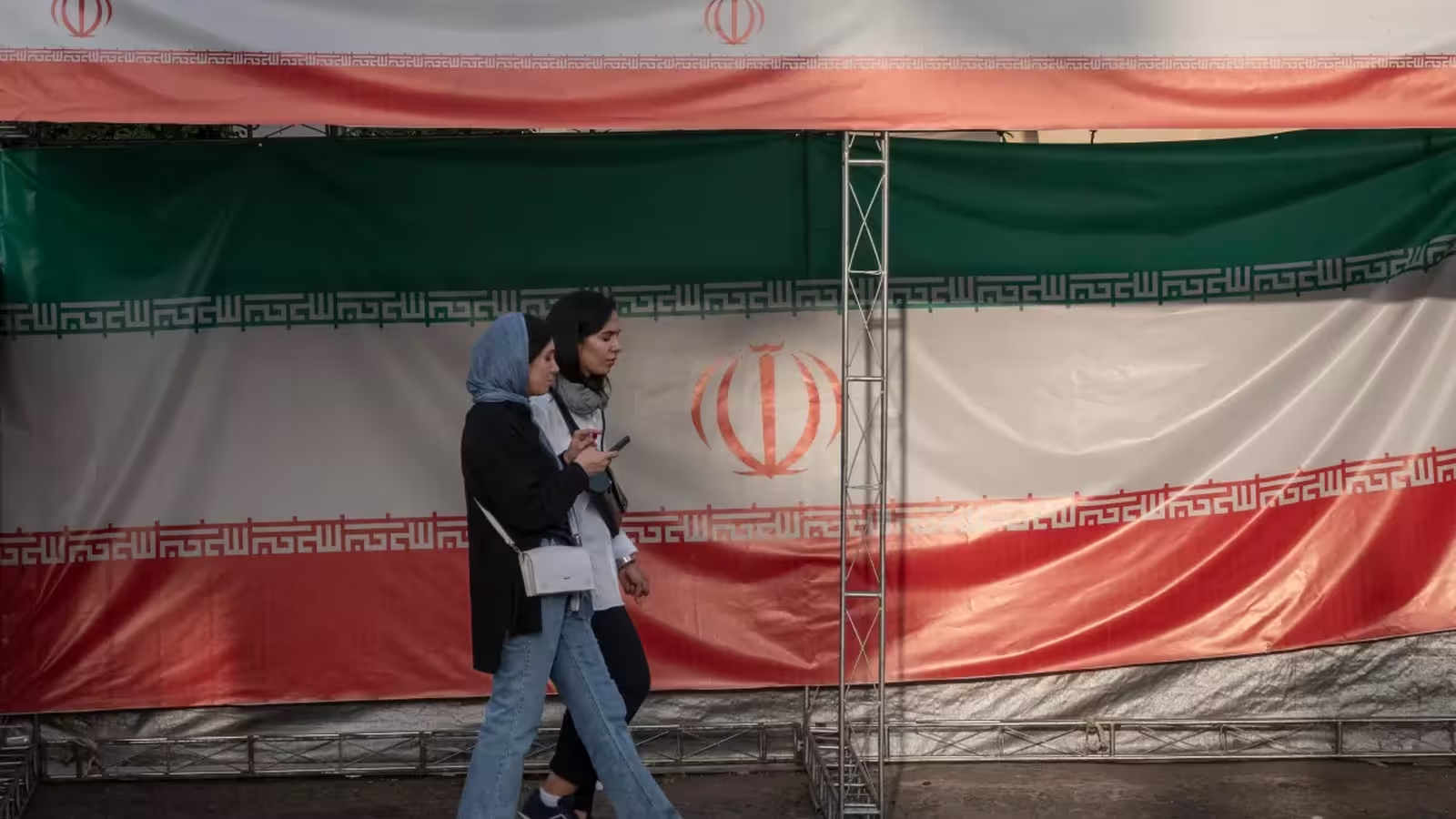4 Minutes
Apple Issues Security Alerts to iPhone Users in Iran
In a significant move highlighting ongoing digital threats worldwide, Apple has notified more than a dozen Iranian citizens in recent months that their iPhones were specifically targeted by sophisticated government spyware. Reports from cybersecurity experts and digital rights advocates indicate that these attacks are part of a broader pattern of digital surveillance targeting civil society and activists.
Cyber Espionage Targeting Iranian Civil Society
According to information shared by Miaan Group, an organization committed to protecting digital rights in Iran, alongside independent cybersecurity researcher Hamid Kashfi, many of the affected individuals received these threat notifications over the past year. These alerts, first covered by Bloomberg, underscore the increasing risks faced by activists and dissidents in politically tense environments.
Miaan Group’s latest report, which examines the overall cybersecurity landscape for Iranian civil society, reveals that researchers identified at least three confirmed cases of government-backed spyware attacks. Two incidents occurred inside Iran, and one case involved an Iranian living in Europe—all of whom were notified by Apple as recently as April this year.
Profiles of the Victims and Potential Attackers
Amir Rashidi, director of digital rights and security at Miaan Group, told TechCrunch that some of the targeted individuals are part of families with a longstanding history of political activism against the current Iranian regime. Notably, many of their family members have faced harsh repercussions, including executions, while the targeted individuals themselves lack any travel history abroad, suggesting targeted domestic surveillance.
Rashidi further speculates that these spyware incidents are likely orchestrated by the Iranian government but emphasizes that more thorough investigations are needed to draw definitive conclusions. “Given the profile of those targeted, there is little reason to suspect any entity other than Iran,” he noted. He also believes the real extent of these cyberattacks may be much larger, with only a fraction currently known.
Unidentified Spyware Vendor Behind the Attacks
While the specific developer of the spyware remains unknown, Hamid Kashfi, founder of the cybersecurity firm DarkCell, assisted two affected users in conducting basic forensic analysis. However, due to the sensitive nature of the case and the potential personal risks involved, many victims were hesitant to participate in further investigation. Kashfi highlighted that, after understanding the gravity of the threat, most individuals opted to halt all communication for fear of repercussions from their employers or authorities.
Apple’s Global Efforts to Combat Government Spyware
Apple’s ‘threat notifications’ system, established to inform users suspected of being targeted by state-sponsored spyware, plays a key role in global cybersecurity. In recent years, the company has issued several such notices to individuals across more than 150 countries, including high-profile cases involving commercial spyware tools like NSO Group's Pegasus and Paragon’s Graphite. These malware platforms, often sold to governmental clients, have been widely used in surveillance campaigns from India to El Salvador and Thailand.
Apple maintains strict confidentiality regarding the identity of affected users and countries, citing privacy concerns and security risks. However, the sheer scale–notifying users in over 150 countries since 2021–underscores the vast reach of government-sponsored spyware worldwide.
Available Support and Recommendations for Victims
Understanding the need for swift support, Apple now encourages affected users to contact digital rights organizations such as AccessNow. This non-profit operates a 24/7 helpline managed by security researchers who assist victims in analyzing and mitigating spyware threats. AccessNow’s extensive documentation reveals that spyware abuse is a truly global problem, impacting human rights defenders, journalists, and activists everywhere.
Comparisons and Broader Market Relevance
Apple’s robust stance on user privacy and security sets it apart from competitors. While companies like Google and Samsung have implemented their own security protocols, Apple’s targeted threat alert system and its collaboration with digital rights organizations make it a leader in protecting users against advanced persistent threats (APTs). These proactive measures are especially crucial in regions with heightened political sensitivity and in markets where digital rights are under continuous threat.
Key Takeaways: The Ongoing Fight Against Digital Surveillance
Apple’s warnings to Iranian iPhone users spotlight the escalating arms race between tech companies and state-sponsored hackers. With commercial spyware becoming more accessible and sophisticated, the need for comprehensive, user-focused security features has never been greater. For global tech enthusiasts, professionals, and privacy advocates, these developments reaffirm the importance of vigilance, cross-industry cooperation, and ongoing innovation in digital security.
Apple did not respond to requests for comment on the notifications sent to Iranian users.
Source: techcrunch



Comments